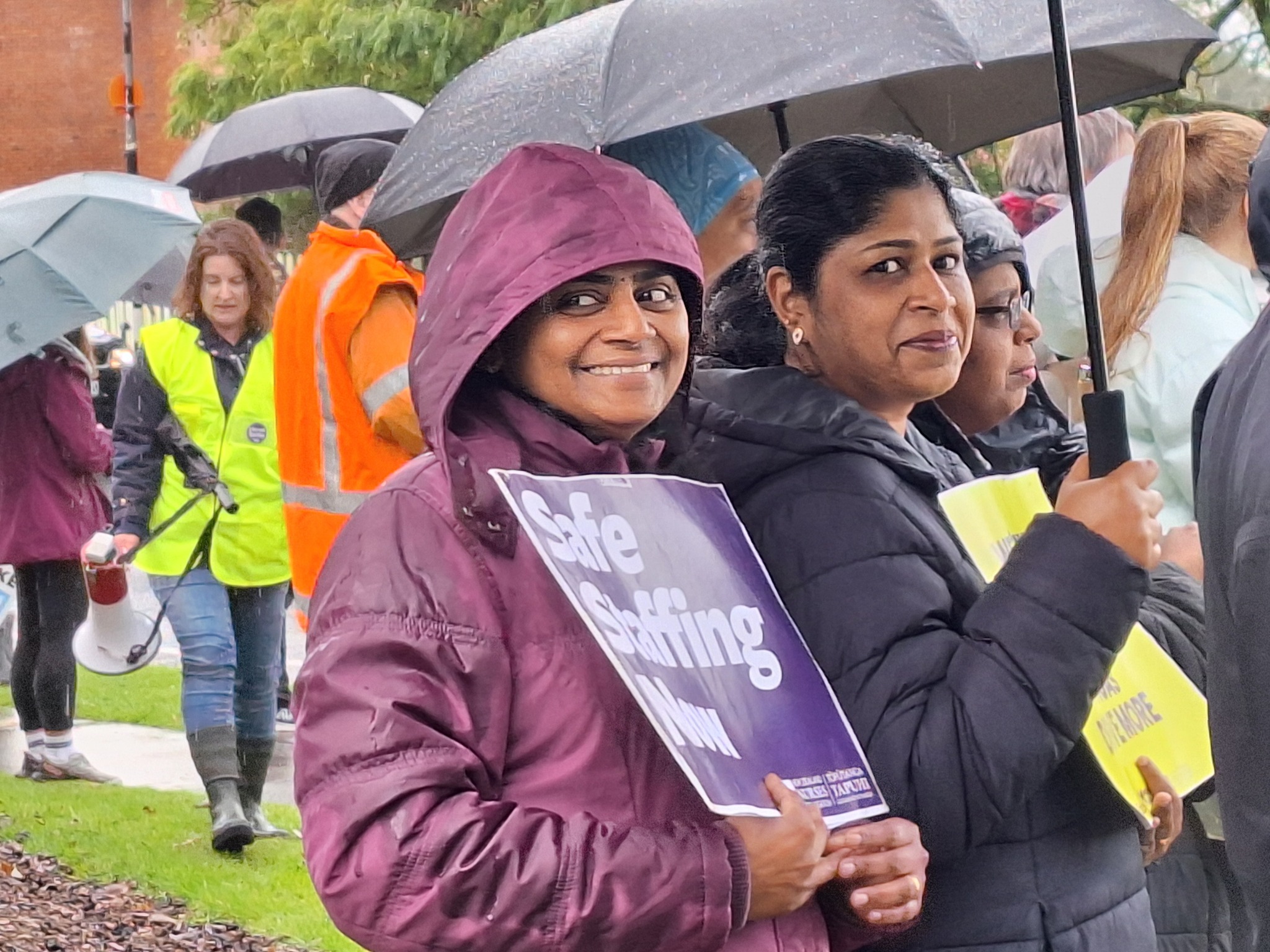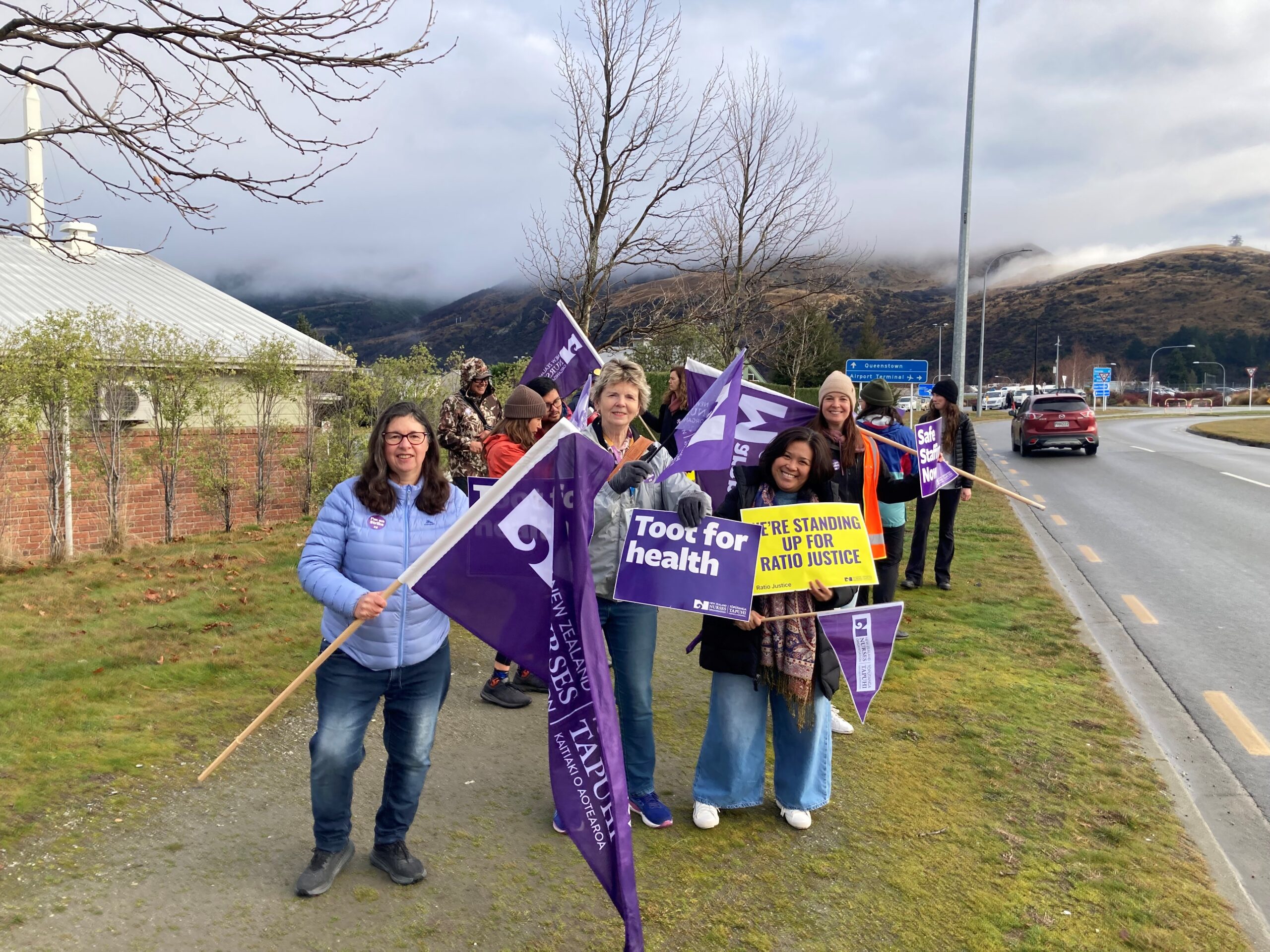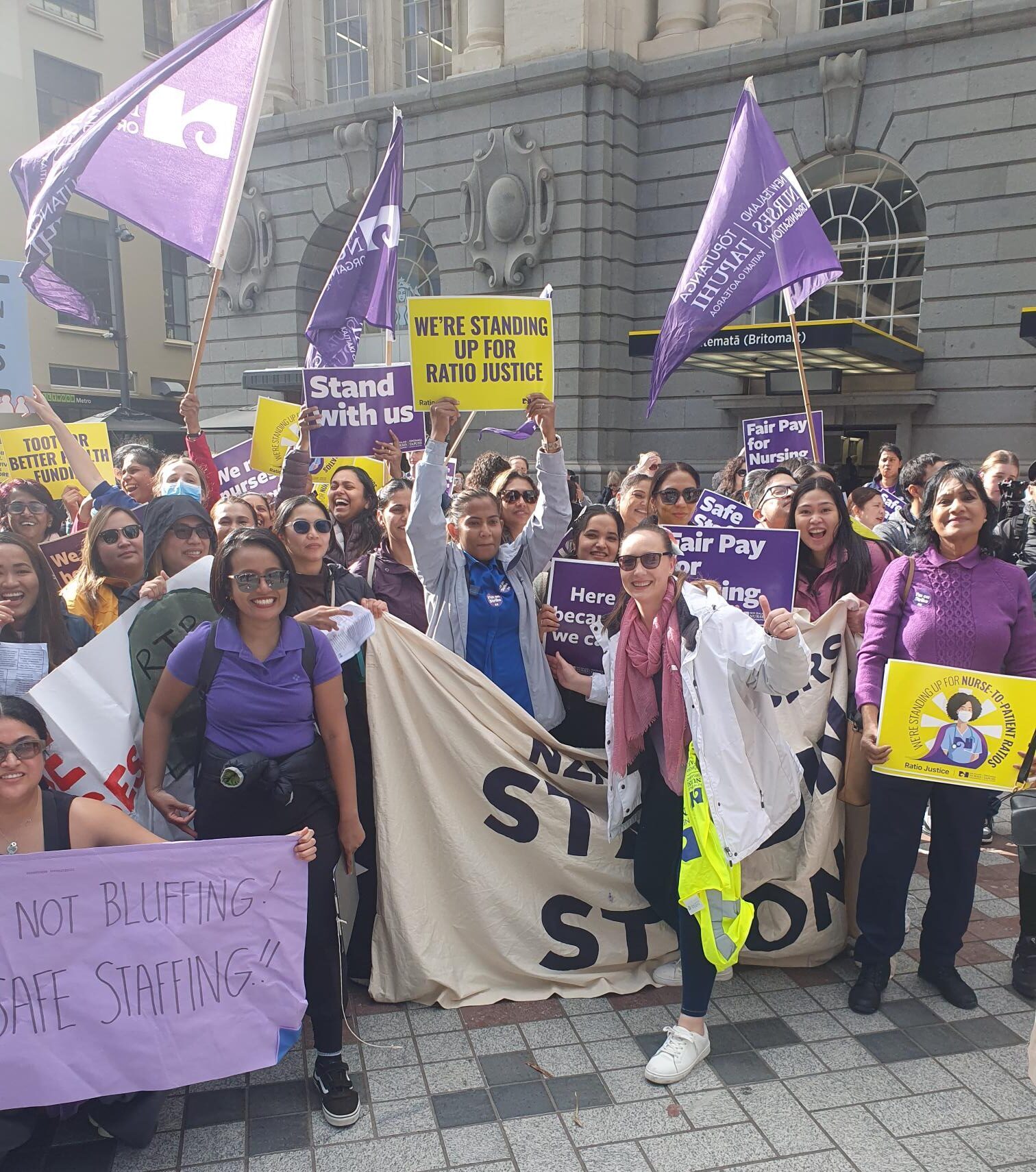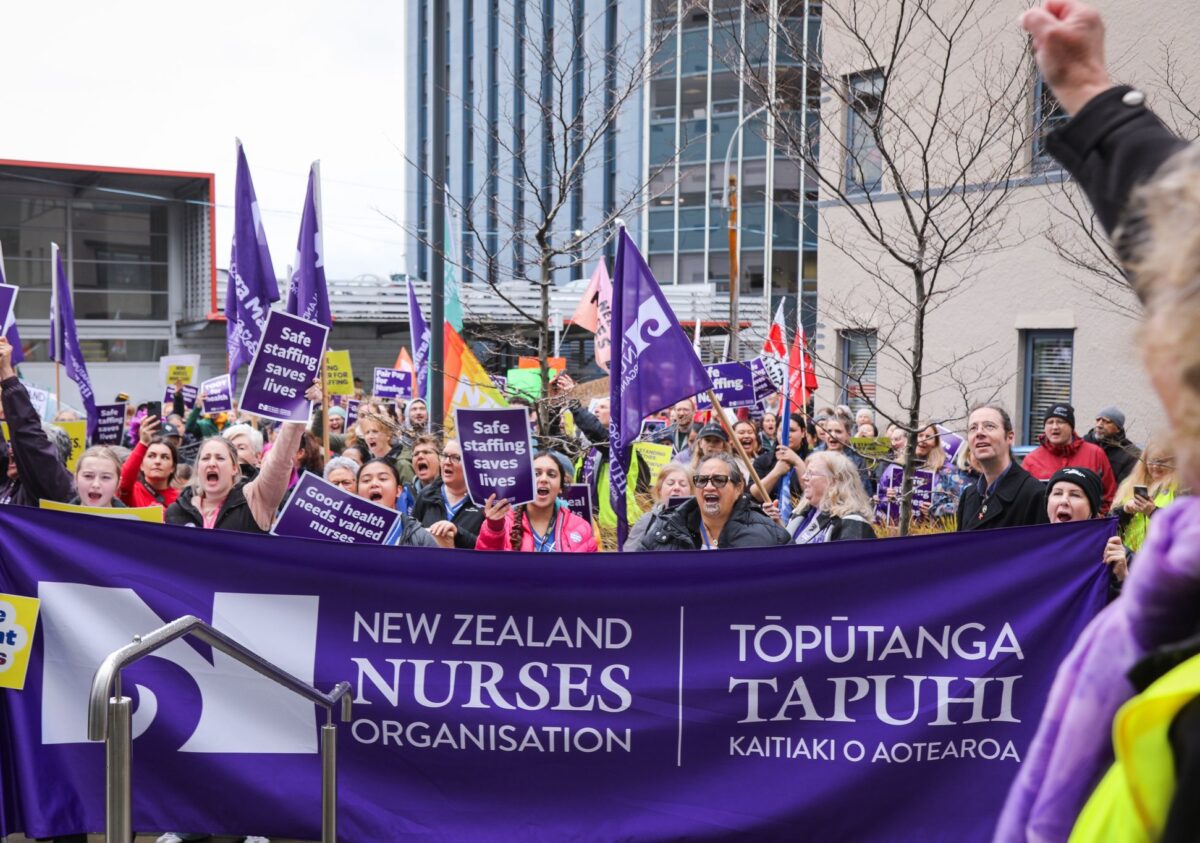The ballot for 36,000 members launched last Wednesday for two days of strikes in the week starting September 1. The strikes would run from 7am to 11pm on September 2 and September 4.
Delegate and paediatric ICU nurse at Starship Hospital, Jade Power, said she was “absolutely” pleased with the ballot result.
“I think this is a historical fight for us . . . I think we’re realising this is going to be a long fight. We’re actually doing this for the future of the profession.”
The action was for everyone, Power said, from students wanting to join nursing to those who had been working for years. “I think it’s that realisation that we all have to band together.”

Power said she was still only in her third year of work, and understood how disheartening the job market must be for new graduates.
“Why wouldn’t you jump across the ditch? We already have gaps, people leaving the profession.”
Power said safe staffing was a key reason for the strikes. “No-one should go to work feeling unsafe, and I think the majority of shifts now are chronically understaffed . . . you go in and you could be a new graduate and you’re the most senior on with the highest acute load.”
In July, 36,000 nurses, health-care assistants and midwives went on strike for 24 hours.
Pickets, marches and other events launched around the country as health-care staff walked off the floor at 9am in Aotearoa’s hospitals.
It came as new nursing graduates, and 2024 graduates, faced a job shortage in hospitals — only 45 per cent matched with work in the mid-year Advanced Choice of Employment (ACE) programme.

Tōpūtanga Tapuhi Kaitiaki o Aotearoa New Zealand Nurses Organisation chief executive Paul Goulter said members voted strongly to go on strike.
“Nurses, midwives, health-care assistants and kaimahi hauora have had enough of their patients waiting for care because they are too busy to get them. They became health-care workers because they want to help people and give them the care they need.”
Patients were at risk because the Coalition Government was choosing cost cutting over patient need, he said.
Goulter said strike notice would be issued to meet legal requirements in sufficient time to allow life preserving services (LPS) to be arranged and confirmed.

Meanwhile Auckland delegate Liandra Conradie said she was pleased with the decision, “it was definitely needed”.
She was excited to see what was planned for the days of strike in Auckland.
“We’ve already started discussing how we’re going to do LPS and making sure the hospital is running smoothly . . . I think members are pretty much fed up and that’s why we’ve got such a good turnout on the strike ballot.”
Conradie said, ultimately, the members were doing it for their patients and future nursing generations.

New nursing graduates couldn’t get jobs, and patients faced long waiting times for surgery and emergency department care, she said. Primary health care was difficult to access because of cost too.
“It’s just remembering the heart of nursing is caring, so we’re doing it because we care for our patients.”
Southland delegate Charleen Waddell said the members needed to keep applying pressure “to make sure we get those changes”.
“We understand people are losing pūtea [money] but the reality is we need to get it right now, so we can continue on into the future.”
She said there was a delegate meeting underway as she spoke to start planning for the strikes.
“We’ve all talked about our planning, what we’re going to do and how we’re going to make it all happen.”





